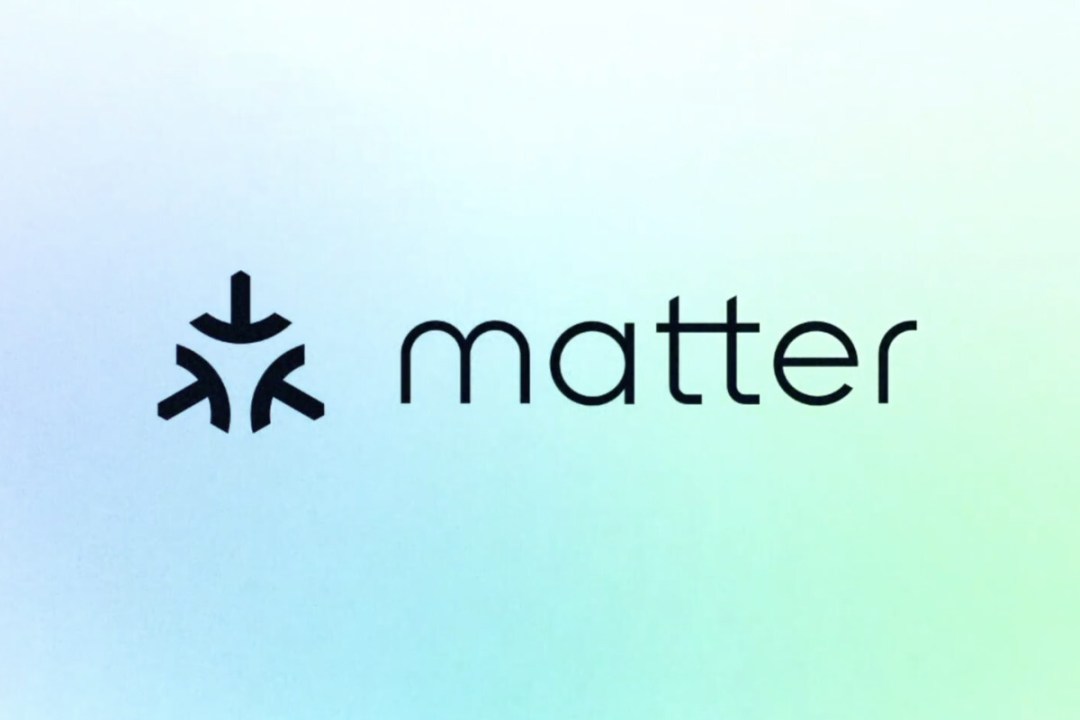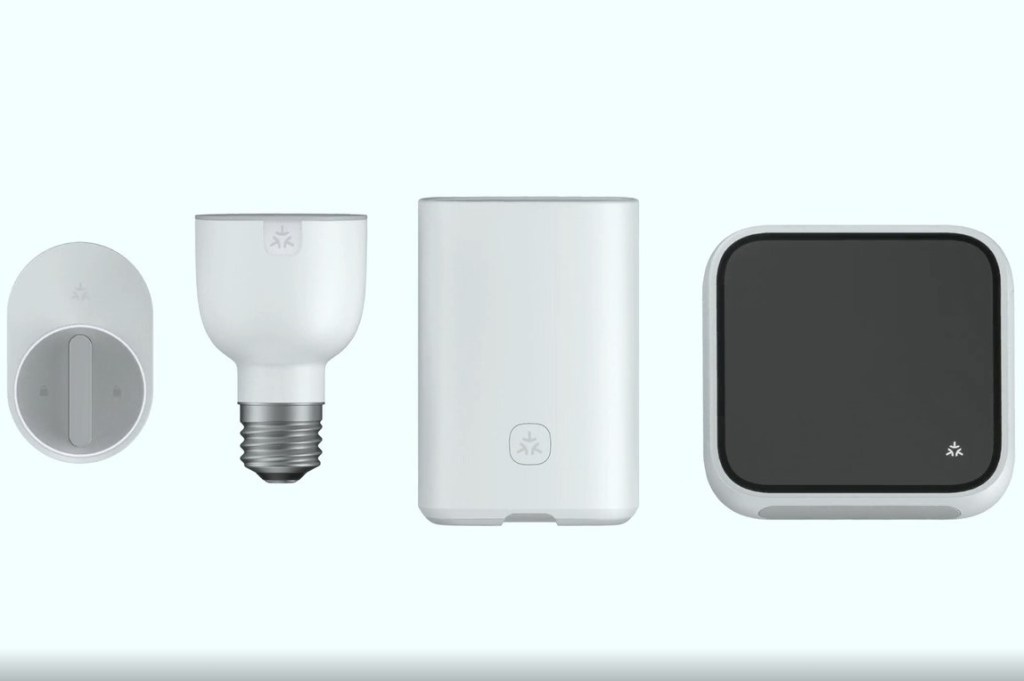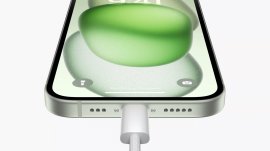What is Matter? The new smart home standard explained
Matter is a new standard for smart home technology

Today is a new frontier for the smart home. If you’re interested in smart home gadgets you are going to be hearing a lot about Matter, the new but very much still nascent industry standard for smart home gear like smart lights. The standard is officially launching today. But what is Matter? We’re here to explain.
Backed by tech’s three biggest players in Amazon, Apple and Google, as well as nearly all the major smart home brands, the platform is dedicated to making smart home devices work together in a better, more unified manner.
If Matter evolves as intended, the idea is that it will put an end to reading the fine print to see if a new product works with Alexa, Google Home or whichever software assistant you’ve based your existing smart home ecosystem around.
This means as Matter starts to take off, expect big-name products like Amazon Echo, Apple HomePod, Nest thermostats, Eve smart home gear and Philip Hue and Nanoleaf lighting to carry the Matter seal of approval and all play nicely together, partly through new product launches and partly through firmware updates. Up to 150 products are expected in the short to medium term according to estimates.
- Related: the best smart home devices right now
What is Matter? And why is it important?
Because as exciting as the smart home revolution has been over the last few years, it can still be a bit of a minefield for consumers as not all products work politely alongside one another.
As the founding body, the Connectivity Standards Alliance (CSA) puts it, Matter is a “…seal of approval that says smart devices work reliably together—taking the guesswork out of the purchasing process.”
Put it this way: when you’re buying a new laptop, do you worry if it will work with both your Wi-Fi at home and at the coffee shop? No, because there’s a single Wi-Fi standard. To date, the same can’t be said of smart home technology. Something might work with Amazon Alexa, but not Google Home, let alone Apple’s traditionally siloed ecosystem.
The idea is that Matter will change all that. Instead of the current state of confusion and competing standards, all Matter-certified devices – and the hope is that this will be pretty much all smart home devices, given the comprehensive list of backers for the new protocol – are being designed to just work together, no questions asked.
In this sense, Matter can be thought of as a new global language that smart home products will get firmware updates for. It’s a standard in the same way that Wi-Fi or Bluetooth are the standards for those types of technology.
In late 2022, Amazon rolled out Matter to 17 Echo devices before announcing at CES 2023 that it would bring the standard to stacks more devices including thermostats, blinds, and sensors – bringing the total number of supported Matter devices to well over 100 million.
Amazon also said it will enable support for Matter device setup in the Alexa iOS app and Thread border router support on the Echo (4th Gen).
How does Matter work?
For the tech-minded, Matter will work by enabling IP (internet protocol) networking between devices using Bluetooth Low Energy and Wi-Fi. This will allow not only physical smart home devices to connect but also their apps and cloud services to talk to each other. It’s an open-source protocol, too, meaning anyone will be able to draw on the combined smart home expertise of the world’s biggest tech firms.
In theory, this should put an end not only to compatibility woes when shopping, but also to having to use dozens of different apps to control different aspects of your smart home and constantly delve into the advanced settings to achieve the kind of routine or automated functionality you want, and so on.

Who is supporting Matter – and what will work with Matter?
The body behind Matter is called the Connectivity Standards Alliance, and as we’ve said it has over 100 major tech players on its book. Crucially for the smart home wars, rivals Amazon, Apple and Google are all committed to getting on the same page for the new protocol – as are the likes of Meta/Facebook, Ikea, iRobot, TCL, Signify (aka Philips Hue), Nanoleaf, Eve and Samsung’s SmartThings.
You can find a full list of companies and brands that have pledged to work to the common standard going forward on the official Matter website.
- Related: the best smart speakers tested
Does Matter, matter?
Matter matters, there’s no doubt about it. Particularly in light of ongoing concerns about climate change, smart home technology has a significant role in the fight against global warming – and anything that makes it easier for consumers to understand and join this revolution is a welcome development.
If nothing else, Matter is confirmation that the smart home is growing up and can no longer be brushed off as just another fad. Under the common umbrella of this new standard, it’s here to stay.
- Now read: Our best smart home devices
Additional words by James Laird



